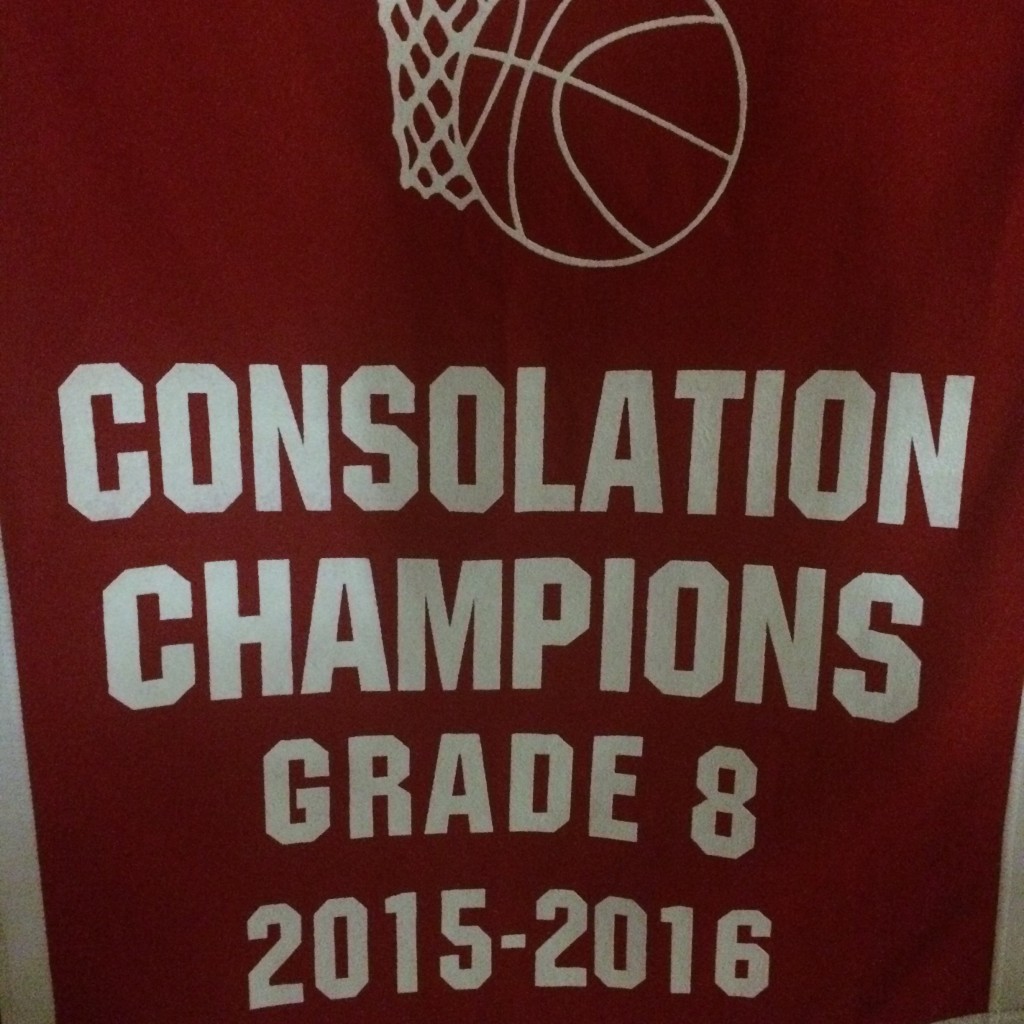The 8th grade basketball team just came home with a banner from a basketball tournament that reads, “Consolation Champions”. They played three games: lost two of them and squeezed into third place by a few points. They finished with a record of 1 win and 2 losses. Three games, lost two of them, and come home with a banner that says, “Consolation Champions”. Am I missing something here?
I guess my sentiment would be a little different if these boys were actually proud of their banner. When I go to congratulate them, I am received with looks of sarcasm. I am actually trying to congratulate them, but they don’t believe me; they don’t even want to be congratulated. I guess my point here is that in certain contexts, not everyone needs to be awarded for just showing up. The whole “everybody wins” movement has little impact on what it is really trying to establish, and that is self-esteem.
What about competition in the classroom? Is there ever an instance where competition can be utilized in the learning environment in a way that elevates the standards of academics without taking away from a student’s self esteem? To me, the answer is quite simple: Yes. Competition, when occasionally used in a learning context provides students an opportunity to engage in stale curriculum in a fun and engaging manner. In that sense, competition in the classroom is not about a win/lose situation – it is about community building.
The contrarians to competition in the classroom suggest that utilizing such a means through learning opportunities provides the wrong kind of motivation and reward system. If the learning environment becomes saturated with competition, students will learn that learning is solely for the sake of extrinsic rewards. Thus, it is distracting and detrimental to learning.
This is completely true in many cases. However, this notion silences the fact that a classroom is a site where a variety of different people, personalities, and ultimately learners come to engage in school. If competition is so detrimental to learning that must mean that other modes of learning have profound salience and thus, can be detrimental as well. What about the learners who use competition to excel?(Usually, boys). Learning through exploration is beneficial to some and not others. Rigid rules, worksheets, and rote learning impact some learners more effectively than others. A learning environment is empathetic to the idea that while not all motivation is utopian, we nevertheless need to motivate and engage our students. And motivation through means of an external reward isn’t the end of the world. In my five years of teaching, I still have not found one framework for creating a learning environment that motivates every single one of my students. I shouldn’t look to close the door on motivation through competition just because culture is bent on childhood praise at all costs. Our students are indeed a part of the “participation trophy” generation, but in class, there are a few positives to having a platform that creates a few MVPs, playoff bound students, and “Consolation Champions”.
[share title=”Share this Post” facebook=”true” twitter=”true” google_plus=”true”]

